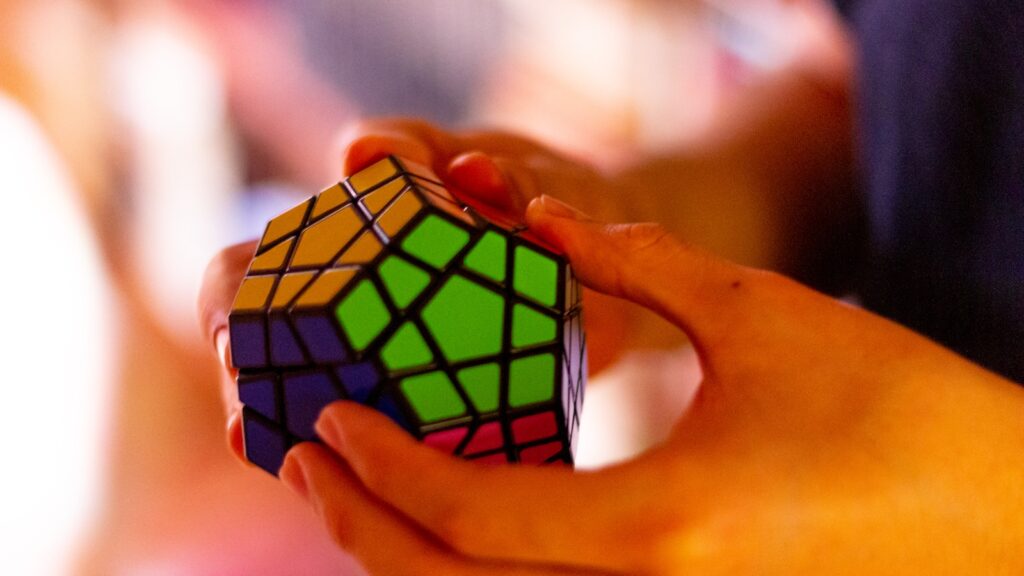
Although memory loss might be annoying and alarming, enhancing your memory can be a fun experience. Thus, if you want to discover tips on how to help memory loss and make your encoding more efficient, check these 7 original and imaginative ideas that provide a novel approach to mental fitness, helping you to maintain brain activity.
- Doodle Your Mind
Doodling activities are not just for young children or leisure time. Especially while attempting to remember anything, random shapes or sketching stimulates the brain. This visual exercise stimulates the mind, fosters creativity, and increases focus. Let your hand stray on paper next time you’re in a meeting or on a call; it could just help you recall crucial information later.
- Reverse Your Walk: Use Your Senses
One of the easiest yet effective ways to improve memory loss consequences and push your brain in fresh directions is walking backward. This exercise helps you to increase your spatial memory, focus more on your surroundings, and use new senses. Try these approaches to get things done:
Start Slowly: Start gently and steadily in a secure, wide area and as you become more at ease, vary the difficulty of your journey.
Engage Your Memory While Walking: Combine walking backward with a memory exercise wherein you remember a list of objects while walking.
Notice Your Progress: Over time, track your development and see how memory and backward-walking abilities grow.
- Learn the “Memory Palace” Method
Though it originated in ancient Greece, the Memory Palace, often known as the Method of Loci, is still very successful now. Imagine putting the items you have to recall within a hypothetical place, like your house. Mental strolling around this area helps you to clearly remember certain facts. This creative method connects your mind with encoded data and stimulates your senses.
- Make Enduring Memories With Scent Triggers
Sometimes more strongly than sight or sound, scents have a great effect on our memories. Associate certain smells—like lavender while learning new abilities or peppermint oil when studying—with specific activities. These smells will become triggers over time, bringing those memories back more powerfully. This sensory approach connects with the way the brain organizes and remembers data.
- Study a New Dance Form
Dancing is a full-body mental exercise as much as it’s entertainment value. Learning fresh dance routines forces your brain to learn patterns, sequences, and timing while combining movement with cognitive exertion.
- Explore Emotions and Memory Playfully
Studies reveal that typically emotional events are more recalled. To help memory, practice tying emotions to fresh material. To help you remember anything, for instance, create an emotional link or a humorous narrative. This artistic spin on remembering appeals to the brain’s natural inclination toward giving emotionally laden memories first priority.
- Learn to Lucid Dream
One way to help with remembering is via lucid dreaming—that is, by knowing you are dreaming. You may purposefully practice remembering facts or reenact actual events during these dreams. This subconscious training provides a unique approach to increase recall without the usual daytime activities as it helps produce deeper memory imprints.
These unusual techniques provide a pleasant and interesting approach to increasing mental agility, assisting in keeping your memory fresh and boosting cognitive ability. Try adding some of these to your schedule to see how differently you remember and absorb knowledge!













